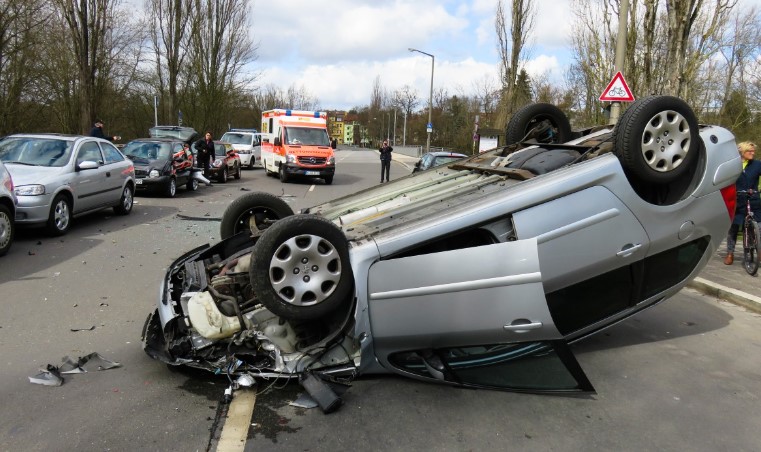Claimant Damages in Car Accidents
Damages awarded in car accident claims are meant to compensate the injured party for losses or harm incurred as a result of the accident. The type and amount of damages awarded can vary depending on the specific circumstances of each case. Some of the most common types of damages awarded in car accident claims include medical expenses, lost wages, property damage, pain and suffering, and in some cases, punitive damages.
Medical expenses cover the cost of medical treatment, rehabilitation, and other expenses related to the accident, such as doctor’s visits and hospital stays. Lost wages compensate the injured party for any income they have lost due to the accident. Property damage covers the cost of repairing or replacing a damaged vehicle. Pain and suffering compensation for the physical pain and emotional distress caused by the accident. Punitive damages are awarded in some cases to punish the responsible party for their behavior and to discourage similar behavior in the future.
The number of damages awarded in a car accident claim can depend on several factors, such as the severity of the injury, the length of time it takes to recover, and the impact the injury has on a person’s life and work. An experienced personal injury lawyer can help you understand what types of damages you may be entitled to and can work to negotiate a fair settlement on your behalf.

Economic Damages
Economic damages in car accidents are damages that have a specific monetary value attached to them. They are meant to compensate the injured party for losses they have incurred as a result of the accident. Some examples of economic damages in car accidents include:
-
Medical expenses: This includes the cost of medical treatment and rehabilitation related to the accident, including doctor’s visits, hospital stays, and physical therapy.
-
Lost wages: If an injury from the accident causes a person to miss work, they may be entitled to compensation for lost wages.
-
Property damage: This covers the cost of repairing or replacing a damaged vehicle.
-
Loss of earning capacity: If an injury from the accident prevents a person from being able to work, they may be entitled to compensation for their lost earning capacity.
